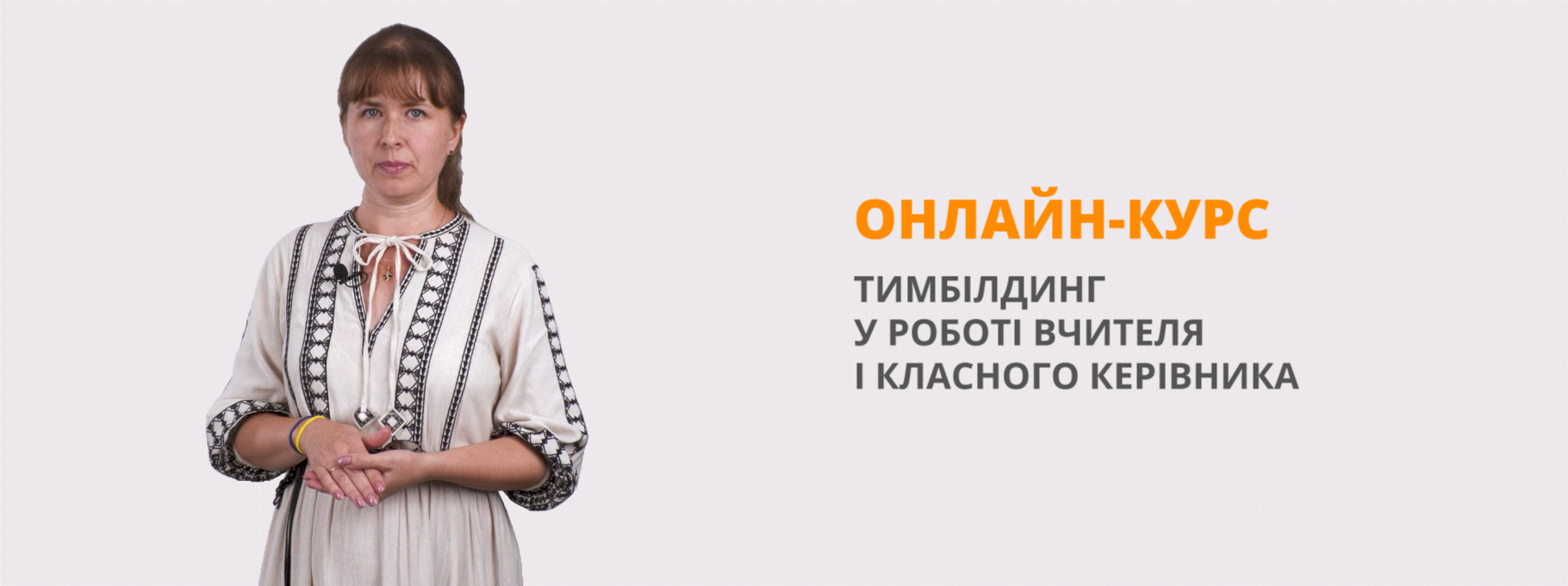Матеріал до уроку на тему «BOOKS»
BOOKS
It is interesting to read different kinds of books. "Except for a living man there is nothing more wonderful than a book! They teach us and open their hearts to us as brothers", wrote Charles Kingsley, an English writer of the 19th century.
Books teach us to live. We learn many things by reading books. There are different kinds of books: novels, short stories, tales, fairytales, fables, poems, plays, memoirs, atlases and text-books.
Books can be humorous, adventurous, detective, fantastic, historical, political, scientific. They can be interesting, thrilling, fascinating, exciting, powerful, useful, unusual, original, amusing, moving, true-to-life, well written, unoriginal.
Books are certainly one of the greatest inventions of man.
O. Wilde wrote: "Books, I believe, may be divided into three groups: books to read; books to re-read; books not to read at all. "
The third class is the most important. To tell people what to read is, as a rule, either useless or harmful. But to tell people what not to read is a very dilferent matter.
It is indeed necessary in this age of ours, an age that reads so much that it has no time to admire, and that writes so much that it has no time to think. Whoever will select "The Worst Hundred Books" and publish a list of them will do the rising generation a real service.
Some English author once wrote: "Some books are to be tasted, others to be swallowed and some few to be chewed anddigested".
This quotation tells us how to read books of different kinds. Most travel books are to be tasted; it's enough to dip into them and read bits here and there. If you are fond of crime stories (Agatha Christie, Simenon and the rest of modem favourites), you will read them quickly, you'll swallow them. If a book is on an important subject, and the subject you are interested in, you'll want to chew and digest it. And you'll want to weigh what the author says, and consider his ideas and arguments.
VOCABULARY
tale [teɪl] — розповідь, повість
fairy-tale ['feərɪteɪl] — казка
fable [feɪbl] — байка
adventurous [əd'ventʃ(ə)rəs] — пригодницький
thrilling ['θriliŋ] — хвилюючий, захопливий
fascinating ['fæsɪneɪtɪŋ] — чарівний; принадний
amusing [ə'mju:zɪŋ] — забавний, цікавий
to taste [teɪst] — пробувати на смак; куштувати
to swallow ['swɔləu] — ковтати, проковтувати
to chew [lʃu:] — пережовувати
to digest [dɪ'dʒest] — засвоювати, сприймати
to dip into — занурюватися; поверхово, неуважно переглядати
QUESTIONS
1. Do you agree that there are three groups of books: books you must read; books you must re-read; books you must not read at all?
2. Which is the largest and the smallest group? Why?
3. How do you choose a book to read?
4. What books do you re-read?
5. How do you know what books not to read at all?
6. Do you agree that a list of the "Worst Hundred Books" may be useful?
TASKS
I. Tell about your favourite book using the following words, word-combinations, questions and sentences.
• The plot, the beginning of the plot, the develop/nent of the plot, the action, the climax, leading (main) characters, positive characters, negative characters.
1. What's the title of the book?
2. What sort of story is it? (detective, romance, adventure, horror, biography etc.)
3. Who are the main characters?
4. What's it about?
5. What happens in the end?
6. Did you enjoy it?
7. Do you recommend it?
• This book is interesting both for young and old. It is a book you can spend hours with.
This book is worth reading.
I can whole-heartedly recommend this book to you. The language of this book is expressive and vivid. This book is written in a simple manner.
The characters are well-drawn, true-to-life.
This book contains a lot of interesting information.
I am sure you will benefit by reading this book.
This book is well illustrated. Such a book is to my taste
(in my line).
II. From a book review: "It is not a book to throw aside lightly, it is a book to throw away with great force." Have you ever read such books? What are they?
III. Make your own list of best books to read and speak about your choice.
Книги
Цікаво читати різні книжки. «За винятком людини, немає нічого дивовижнішого, ніж книжка! Вони вчать нас і відкривають нам свої серця, як брати», писав Чарльз Кінгслей, англійський письменник XIX століття.
Книжки вчать нас жити. Ми багато чого вчимося, читаючи книжки. Існують різні види книжок: романи, короткі історії, розповіді, казки, байки, поеми, п'єси, мемуари, атласи і підручники.
Книжки можуть бути гумористичні, пригодницькі, детективні, фантастичні, історичні, політичні, наукові. Вони можуть бути цікавими, захопливими, шо зачаровують, хвилюючими, 'сильнодіючими, корисними, незвичайними, оригінальними, забавними,зворушливими, реалістичними, добре написаними, банальними.
Книжки — напевне один з найбільших винаходів людини.
О. Уайльд написав: «Книжки, як я вважаю, можна розділити на три групи:
Книжки, які потрібно прочитати;
Книжки, які потрібно перечитати;
Книжки, які не потрібно читати взагалі».
Ця третя група найважливіша. Говорити людям, що читати, як правило, або даремно, або шкідливо. Але сказати людям, що не читати — це зовсім інша справа.
Це справді необхідно в нашому столітті, столітті, в якому так багато читають, що немає часу для захоплення, і в якому пишуть так багато, що немає часу, щоб думати. Той хто добере «Сто найгірших книжок» і опублікує їх список, надасть молодому поколінню реальну послугу.
Якийсь англійський письменник одного разу написав: «Деякі книги потрібно куштувати, інші потрібно ковтати і лише небагато з них потрібно розжовувати і засвоювати».
У цій цитаті говориться, як читати різні книжки. Більшість книжок про подорожі потрібно куштувати, достатньо їх переглянути, читаючи то тут, то там. Якщо ви любите історії про злочини (Агата Кріслі, Сименон й інші улюблені сучасні письменники), ви читатимете їх швидко, ви їх проковтнете. Якщо книга на важливу тему, яка вас цікавить, ви захочете її прожувати і засвоїти. І ви захочете оцінити те, про що говорить автор, і обміркувати його ідеї й аргументи.


про публікацію авторської розробки
Додати розробку
